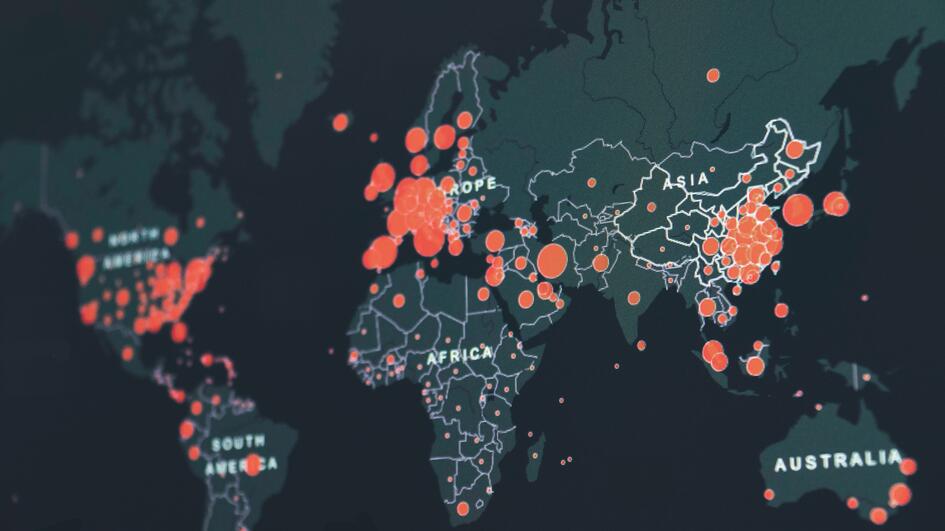A new coronavirus has been discovered in bats, and it has raised concerns due to its similarity to the virus that caused the global COVID-19 pandemic.
Researchers from China’s Wuhan Institute of Virology have identified the virus, which could potentially spread to humans.
While it’s too early to say if it could be as dangerous as the COVID-19 virus, current studies suggest it’s not as severe.
The newly discovered virus, named HKU5-CoV-2, was found in bats, and researchers believe it could spread from animals to humans.
Wuhan Institute of Virology is known for its work on bat coronaviruses, and the lab has been a topic of controversy due to its links to the early days of the COVID-19 outbreak, although China has denied any involvement.
In 2023, the U.S. decided to halt funding to the lab.
While scientists say this new virus enters the human body in a similar way to COVID-19, they’ve pointed out that it doesn`t spread as easily.
Researchers have also said that the virus can attach to proteins found in humans and other mammals, which makes it possible for it to infect cells.
Read More: Wuhan lab identifies new Coronavirus in Bats: Could it spread to Humans?
This virus shares similarities with the Middle East Respiratory Syndrome (MERS), another coronavirus.
The news about this virus came just days after stocks for some COVID-19 vaccine companies saw a rise, according to reports from the stock market.
Dr. Michael Osterholm, an expert in infectious diseases at the University of Minnesota, shared his opinion with Reuters, saying there’s too much hype surrounding the discovery of this new virus.
He suggested that the media and public are reacting with unnecessary alarm.
While the virus has not been found in humans yet, the symptoms are similar to those of COVID-19.
People who get infected could experience fever, cough, fatigue, sneezing, cold, loss of appetite, shortness of breath, diarrhea, and vomiting.
To prevent any potential spread, experts are urging people to continue wearing masks and following basic health safety guidelines.
This discovery is still in its early stages, and it will take more time for researchers to fully understand how it works and how it could potentially affect humans.
For now, the world is watching closely to see if this new virus could become another global health challenge.




-20260106082251.webp)

-20251231101531.webp)




-20260226080139.webp)






-20260225072312.webp)













-20260219054530.webp)
-20260224075258.webp)





-20260221022827.webp)